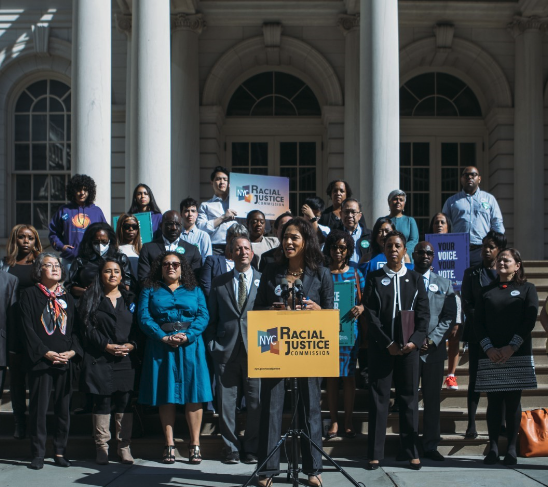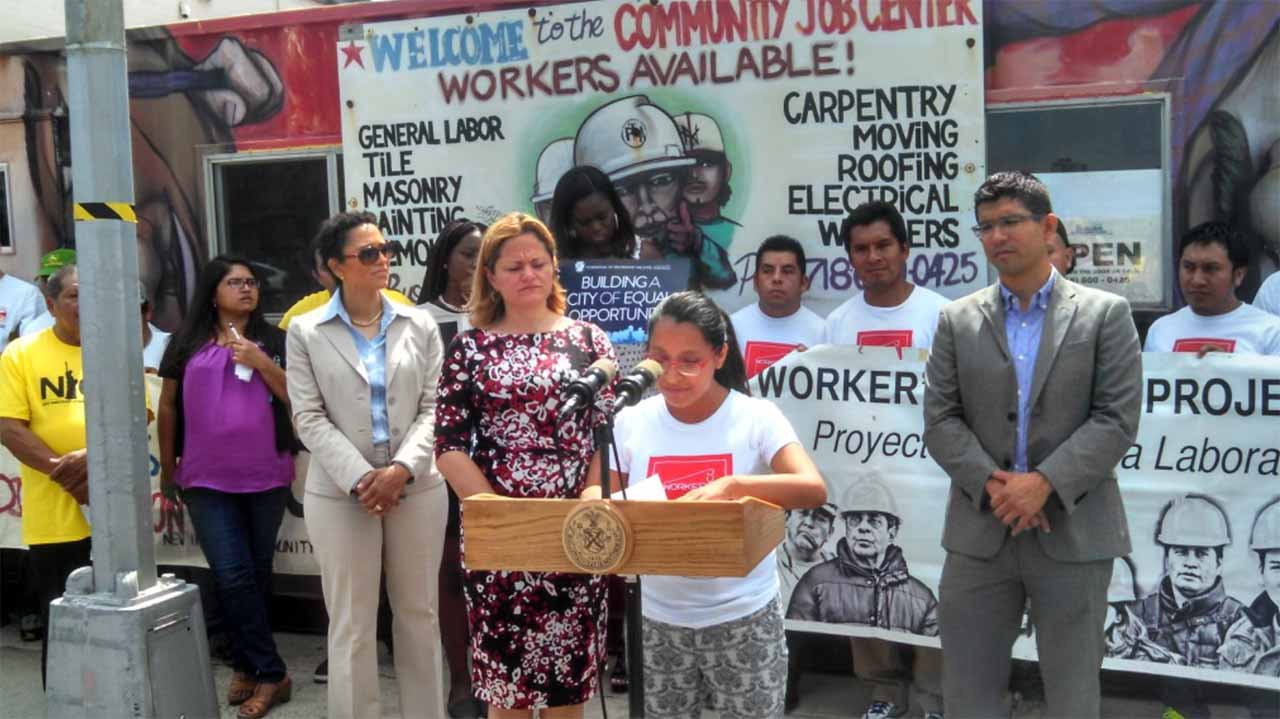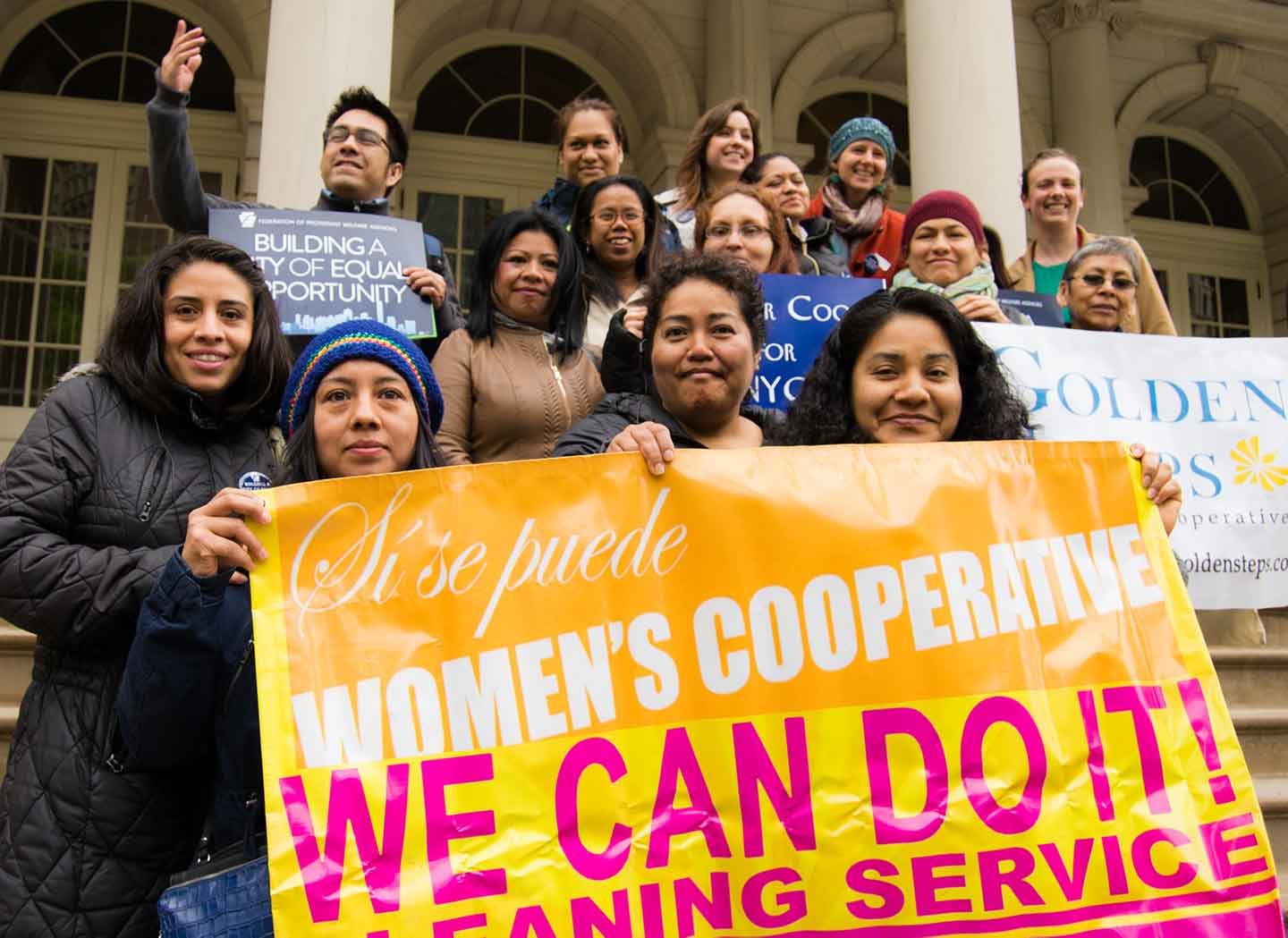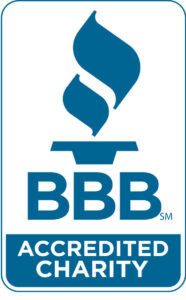This website uses cookies so that we can provide you with the best user experience possible. Cookie information is stored in your browser and performs functions such as recognising you when you return to our website and helping our team to understand which sections of the website you find most interesting and useful.
History Timeline
In 1922, thousands of abandoned, homeless children lived on the streets of New York City. FPWA was founded to meet this crisis. At that time, services were provided by religious organizations that largely supported white New Yorkers. A group of determined Protestants banded together to serve those who were being left behind. They created The Federation of Protestant Welfare Agencies (originally known as the Federation of Institutions Caring for Protestant Children) and succeeded in helping Black children overcome this crisis.
1920s
The Beginning: Solving a Crisis
FPWA was founded in 1922 when the number of homeless children without guardianship in the city became a crisis. Few organizations existed to address the situation and their efforts were disjointed. Black and brown children had few places to go. Our founders rallied to the need, supporting programs for these children and providing a unifying voice for others working in the community.
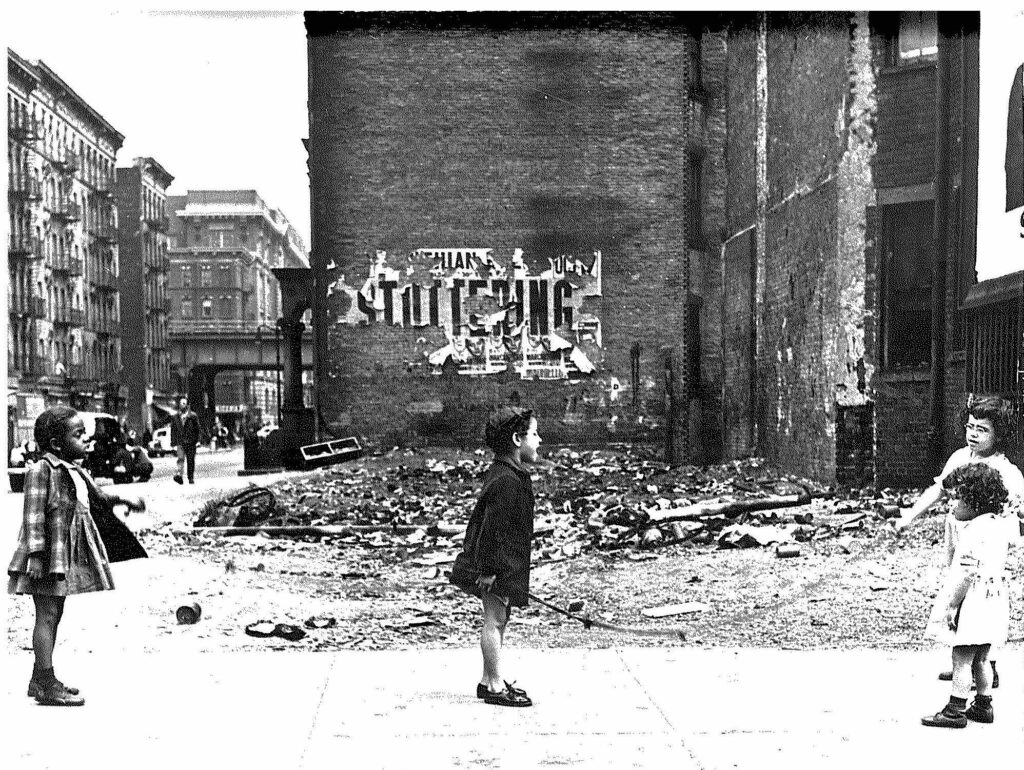
1930s
Fighting for Black and Brown Children
By 1930, FPWA was hard at work developing foster homes in Black communities, supporting organizations so they can better meet the needs of children, and expanding programs for children and the elderly. First Lady Eleanor Roosevelt praised our anti-poverty fight at Hotel Plaza in 1935.
1940s
Emerging from the Great Depression
During wartime rationing and restrictions in the 1940s, FPWA formed Institutional Marketing Services to provide information and purchasing assistance to affect agencies. This became Group Purchasing Services.
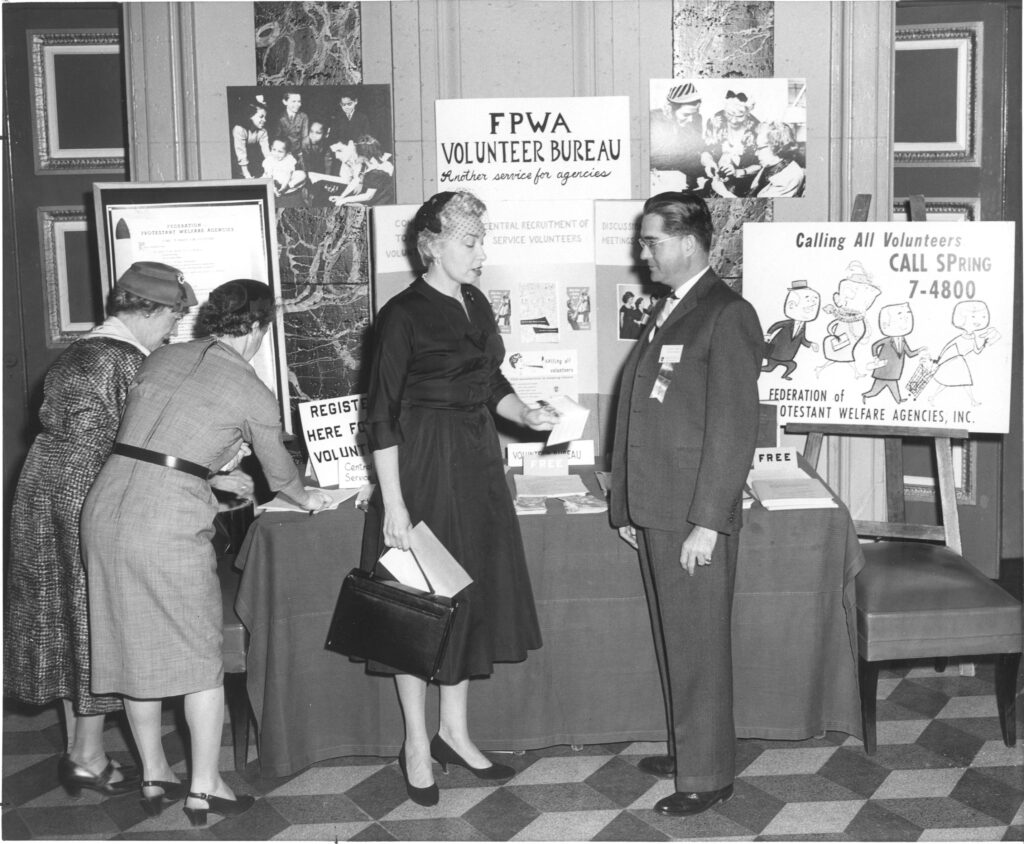
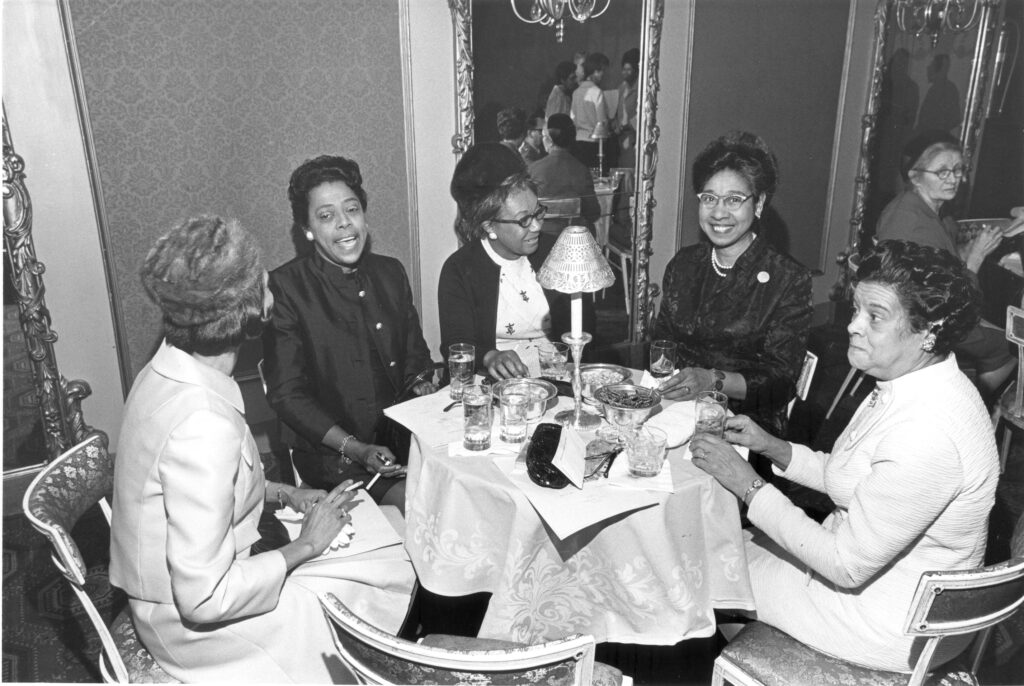
1950s
A Time of Growth and Expansion
By 1950, 149 nonprofits and human services organizations were members of FPWA. We also began our work with The New York Times Neediest Cases Fund to help those facing economic hardship in our city.
1960s
Equal Welfare Access For All
FPWA defended and protected welfare in New York and beyond, declaring that “it is the right of every human being in need to get help – regardless of race, religion, moral standards or causes of dependency.” FPWA’s support turned into action through its advisory role on the New York City Advisory Board on Public Welfare.
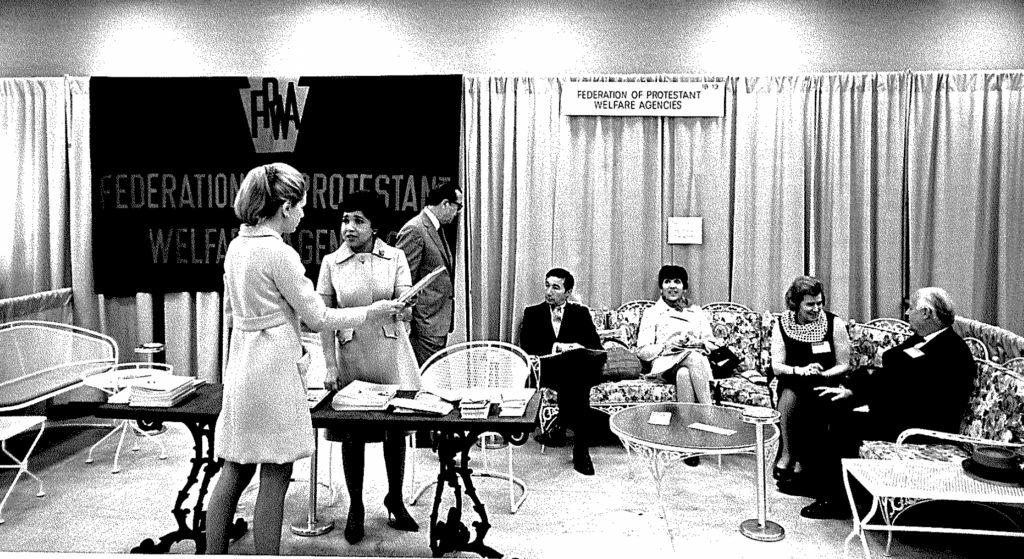
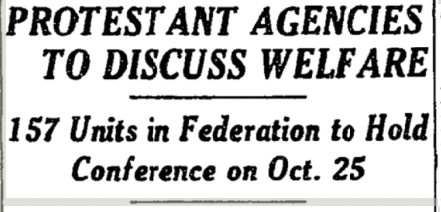
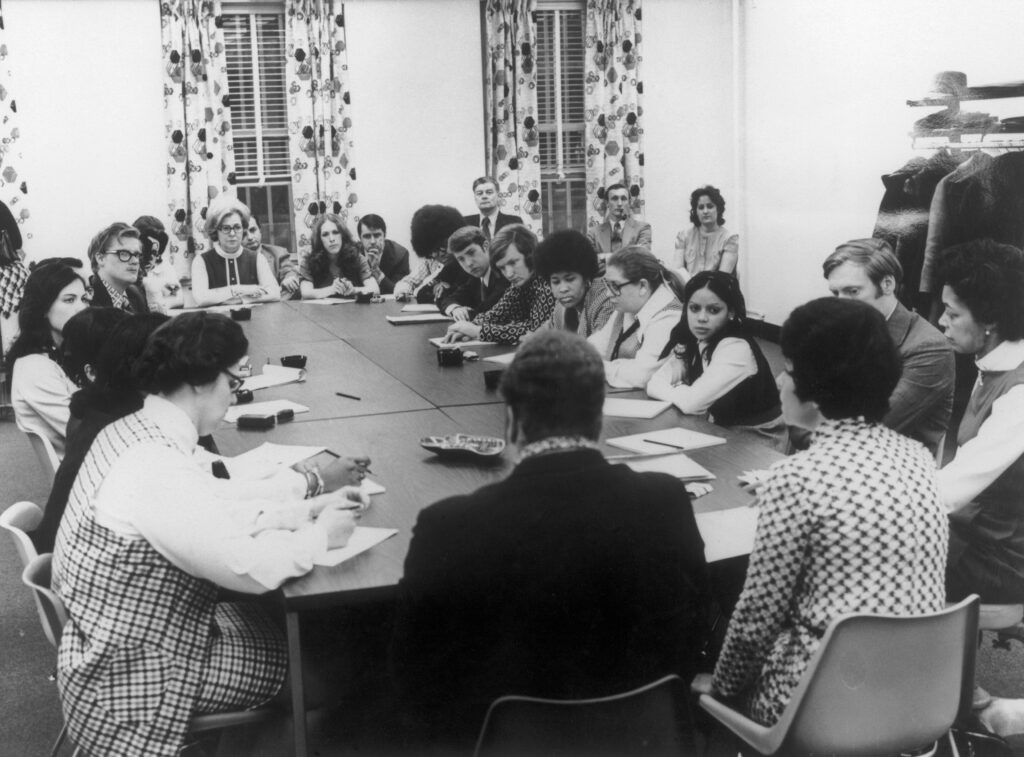
1970s
Championing Civil Rights
Into the 70s, we acknowledged that real equity would require policy change. FPWA championed civil rights legislation and court reform in New York, and was a key advisor to a city struggling to address deep poverty and discrimination. We continued our protection of Black and brown children, launching an innovative foster care program.
1980s
Holding the City's Feet to the Fire
When the AIDS crisis hit in the 1980s, FPWA stepped into the breach, convening a task force to hold the City’s feet to the fire in meeting the urgent needs of all its citizens. Our consistent advocacy helped ensure that the City gave special attention to fighting the rapid spread of the disease in communities of color.
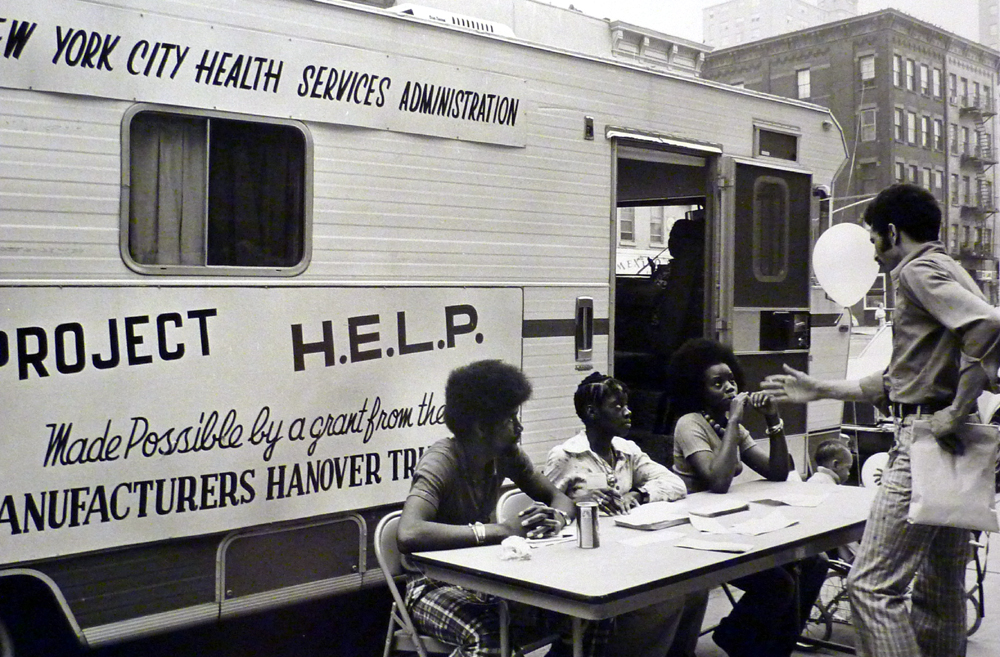
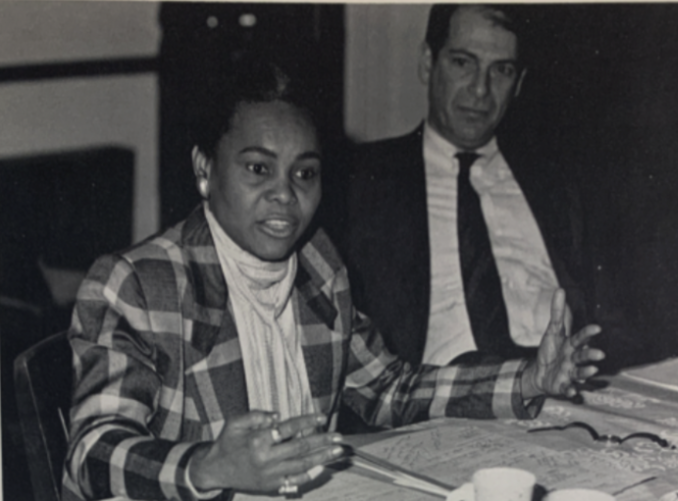
1990s
Advocating for Basic Needs, Living Wages, and Shelter
The 90s brought an increase of homelessness and a decrease in safety net assistance and FPWA saw firsthand the effects on tens of thousands of New Yorkers who couldn’t meet their basic needs. We responded by advocating for living wages and increased benefits, providing testimony on the root causes of poverty and the disenfranchisement of the poor, and fighting for funding to shelter individuals and families to ensure sufficient food support.
2000s
Rebuilding Communities After 9/11
The destruction caused by 9/11 – loss of lives, jobs, small businesses, dislocation of residents and property damage – was extensive. And for those who were already deeply affected by the Great Recession, the problems that persisted before the attack were made worse. We distributed millions of dollars in aid to communities hit hardest by the attack and continued our fight against budget cuts and for the protection of the safety net.
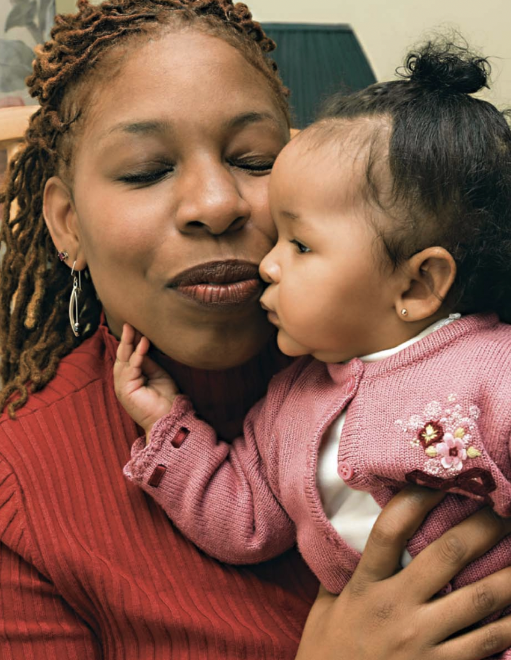
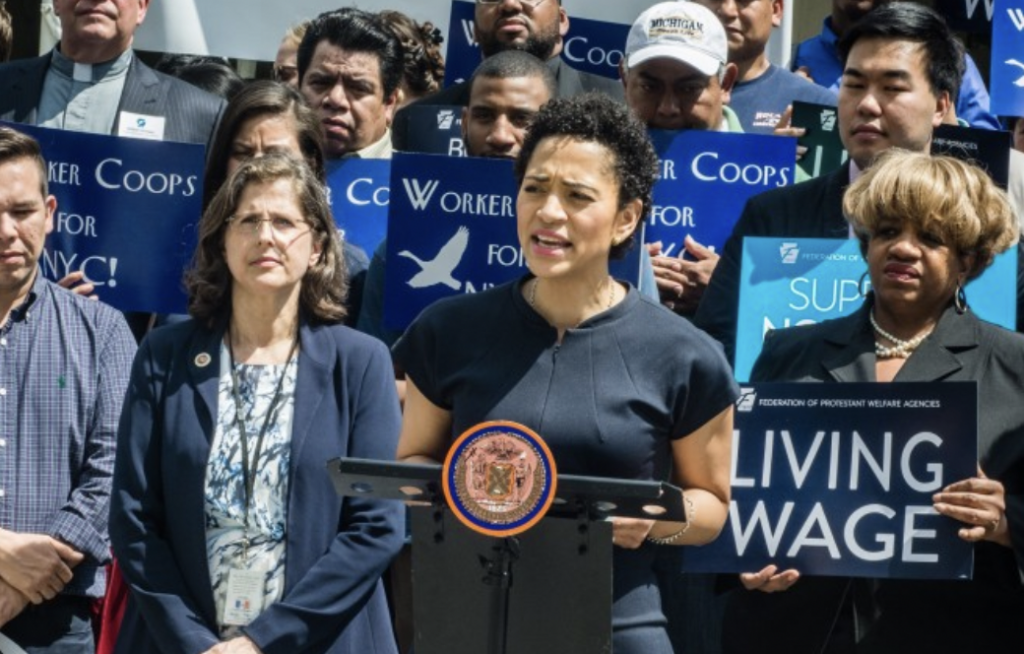
2010s
Increasing the Minimum Wage and Criminal Justice Reform
We led critical reforms in the New York Police Department (NYPD), including the city adopting our recommendations to end the criminalization of poverty, which were reported in our landmark 2019 report, Ending the Poverty to Prison Pipeline. We fought for fair and living wages for human services workers and helped set the ball in motion to move the local and state governments to increase the minimum wage for all New Yorkers. Working with other sector leaders and partners, we led and achieved a path to salary parity for childcare workers, and a government commitment to pay actual costs for critical operation expenses. We also established a career ladder for human services workers.
2020s
Racial and Economic Equity
In 2022, we celebrated our centennial anniversary and developed a new organizational strategic plan to lead us into our next 100 years. One of our policy priorities – as laid out in Pushed to the Precipice, our new strategic plan, and our latest investigative report, Caught in the Gaps – calls for the adoption of a “true cost of living” measure, which was realized when New York City residents voted this measure into City law during the November 8, 2022, general election. We continue to call on the state and nation to also adopt a “true cost living measure” so we can move away from outdated measures that undercount and misrepresent the realities of poverty and use it to help set fair wages and more equitably administer critical income supports.
